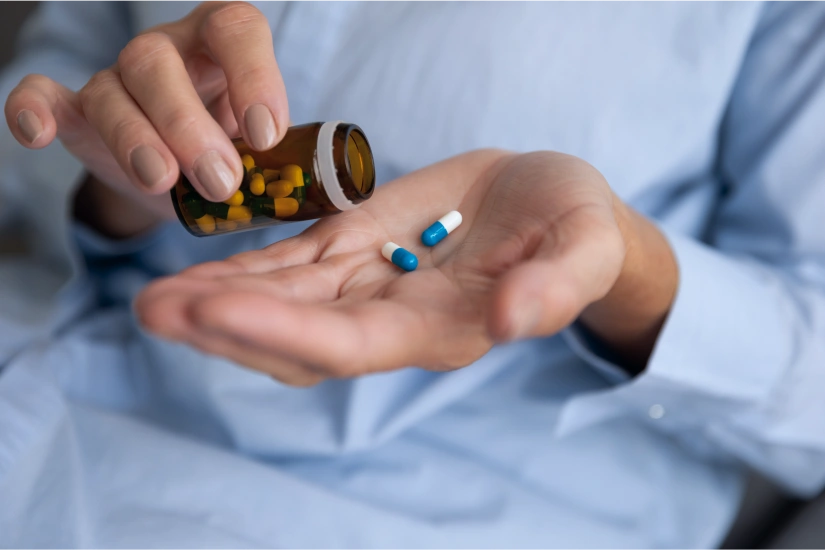24/7 Helpline:
(866) 899-221924/7 Helpline:
(866) 899-2219
Learn more about PTSD Treatment centers in Columbia
PTSD Treatment in Other Cities

Other Insurance Options

Health Net

GEHA

Health Partners

Absolute Total Care

Amerigroup

Choice Care Network

Magellan Health

Premera
Beacon

Private insurance

Magellan

Coventry Health Care

Medical Mutual of Ohio

Holman Group

Self-pay options

Cigna

BlueCross

Regence

Ambetter

Sutter































